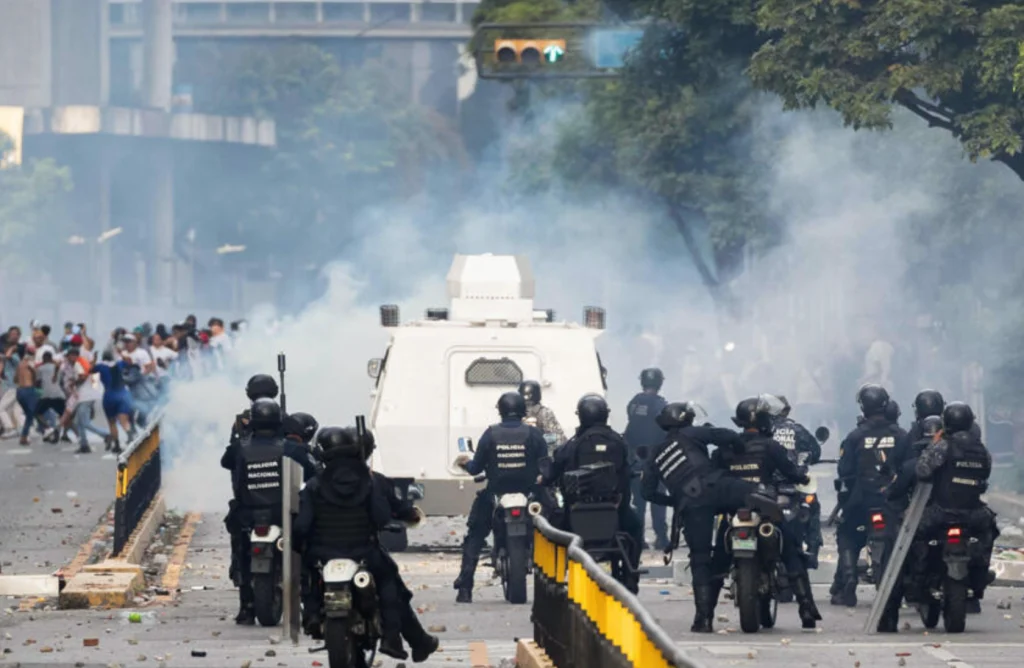
Winston Churchill once stated in a speech that “democracy is the worst form of government, except for all the others.” Almost eight decades later, democracy remains the primary tool we have to peacefully resolve our legitimate political differences.
By Yasna Provoste and Rodrigo Matamoros (El Mostrador)
HAVANA TIMES – The severe crisis shaking Venezuela reminds me once again of the intrinsic value of democracy as a political system. In a democratic regime, citizens have a method to process the conflicts that emerge in society, collectively deciding who will govern them for a limited period of years. This is the defining characteristic of democracy: a system is democratic only if the people are free to choose who will govern them.
For the democratic process to be legitimate, it requires some prerequisites: institutions that guarantee free and impartial elections, freedom of association and expression, as well as pluralism in sources of information. Likewise, citizens must have the opportunity to run for and be elected to positions of representation, among other things.
These are minimal conditions that we take for granted in today’s Chile, but it is always good to remember that for 17 years, our democracy was interrupted, and we were deprived of these rights. Thirty-five years after the end of the dictatorship, we now have a robust and consolidated democracy, whose legitimacy is primarily guaranteed by a world-class Electoral Service.
However, our recent history and the current experience of countries like Venezuela should serve as a reminder that democracy is not inherent to the nation-state. Democracy as a political system is a choice made daily by the represented and their representatives, and just as i


